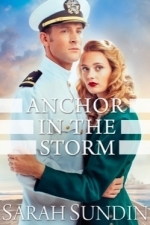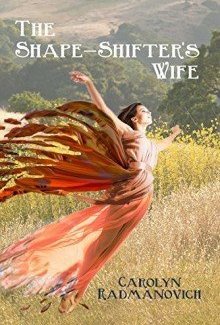Lindsay (1793 KP) rated Anchor in the Storm (Waves of Freedom, #2) in Books
Aug 30, 2018 (Updated Apr 9, 2019)
Sarah Sundin put you through the emotions with all her stories, but this one had me with my emotions after a chapter. Lillian finds out her brother is missing after an attack on his Navy ship "Atwood".
Are you a fan of Historical Fiction or do you enjoy reading about World War Two? This book has that feel to it. I enjoy learning about how we got into World War 2.
Lillian wants to be a druggist and a female one at that. In an era that is still new to the world with female having jobs. We are at the beginning of World War Two. The story starts out December 7, 1942, or around that time.
Arch is on leave time from the Navy. He has to deal with his troubles. Will they find love together and find out they need to open up and trust god first.
Arch seems to annoy Lillian and Lillian needs to prove herself. When they get to Boston something is up with her new job. They're a lot of perceptions for sedatives. Could there be a drug ring? Arch is dealing with it though the Navy's end for he sees it going on with his men. Is there a romance in the air?
BookwormMama14 (18 KP) rated Keturah (The Sugar Baron's Daughters, #1) in Books
Jan 2, 2019
I really enjoyed the unique setting, the island life of the 1770s, the cultural differences, the hardships, and the romance. The author does address the issue of abuse throughout the story. The pain, the effects, the healing process, which I found very well done. Although I can not relate to Keturah's situation, I know that many have, and I pray that God uses this story to speak to and bring healing to them.
The reason for my rating is for the simple fact that the story moved very slow. I had a really hard time staying focused on the story while reading. My mind would wander too easily. The writing quality was good overall, just not a fast enough pace to keep me fully engaged.
If you are looking for a unique story, I would recommend you give Keturah a try. Just because it was too slow for me, doesn't mean it will be for you.
I received a complimentary copy of Keturah from the publisher through Litfuse. I was not required to write a positive review. All opinions expressed are mine alone.
Lindsay (1793 KP) rated The Shape-Shifter's Wife in Books
Jan 4, 2019
She meets a young man. She finds out that she need help a family get out of the family curse. To do this they need her. She learns about Indians culture and traditions. In the process she starts to fall in love with this young man.
She deals with this while her sister is still away. When she returns to her era, she does not know if she really was with a man named Reynard. She meets an Indian medicine man and go on a trip with her soul and life.
Will she end up going back to her husband? How did she travel back to her world and still be pregnant with a child? What Shape-Shifter animal does she become? What ever happens to Joseph? Will she fulfill the reason of the family curse?
This is a great book for those that enjoy history. If you are into historical fiction or California gold rush this is the book for you. Are you into time travel. This one is filled with it. The author does a beautifully good job with telling the story though Angelica's and her sister.
Screening Soviet Nationalities: Kulturfilms from the Far North to Central Asia
Book
Filmmakers in the early decades of the Soviet Union sought to create a cinematic map of the new...
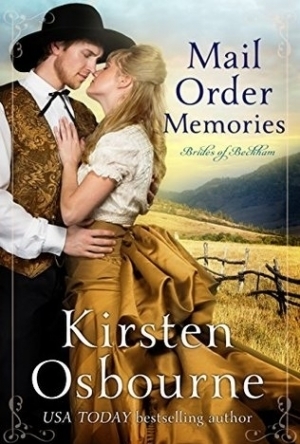
Mail Order Memories (Brides of Beckham, #22)
Book
Mary Brown is forced to start over in Beckham, Massachusetts, when the love of her life is killed...
historical fiction mail order bride brides of beckham
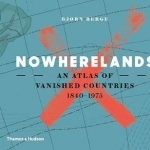
Nowherelands: An Atlas of Vanished Countries
Book
These are the stories of fifty countries that once existed but have now have been erased from the...
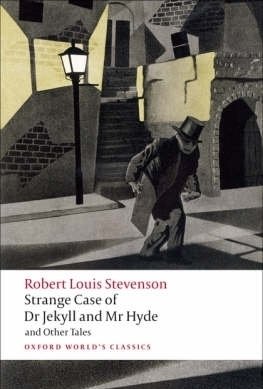
Strange Case of Dr Jekyll and Mr Hyde and Other Tales
Robert Louis Stevenson and Roger Luckhurst
Book
'Instantly the spirit of hell awoke in me and raged...I was suddenly struck through the heart by a...
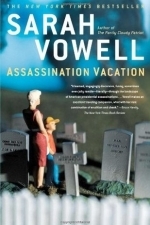
Assassination Vacation
Book
Sarah Vowell exposes the glorious conundrums of American history and culture with wit, probity, and...
non-fiction
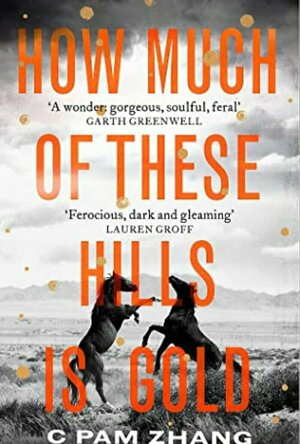
How Much Of These Hills is Gold
Book
'The boldest debut of the year . . . It is refreshing to discover a new author of such grand scale,...
Historical fiction The Gold Rush

In the Cradle Lies (Tree of Life #2)
Book
A Father-Daughter Genealogy Team Link Present to Past on Family Trees On a solo ski vacation in...
Genelogy Family Family Stories History Historical Fiction Family Tree
